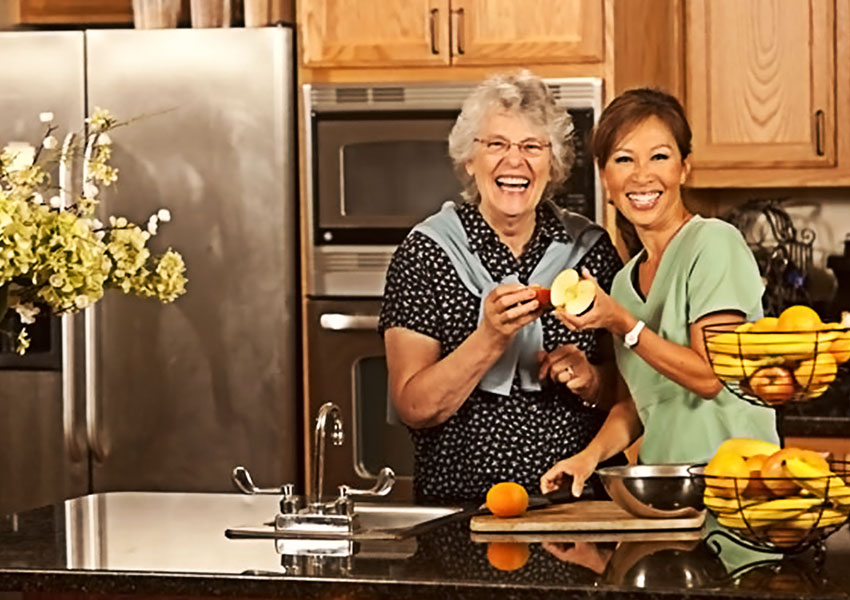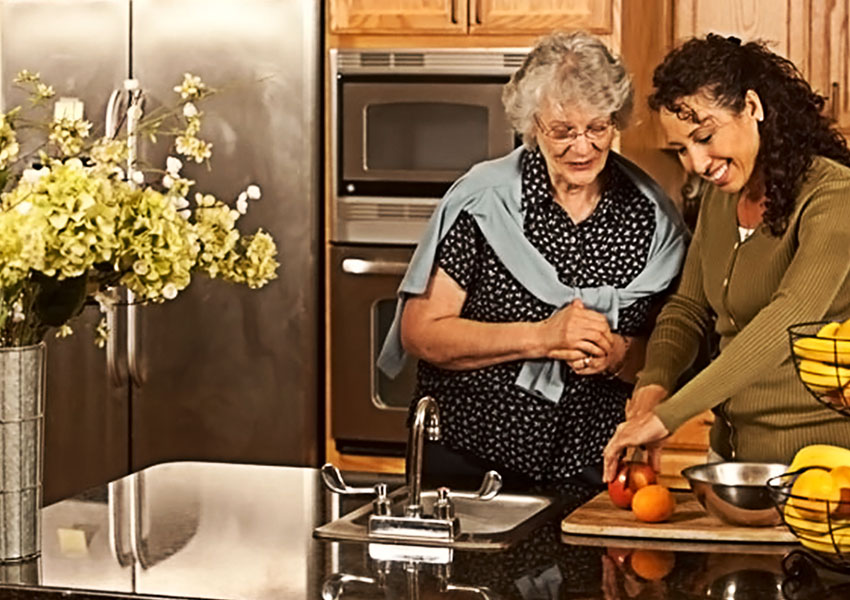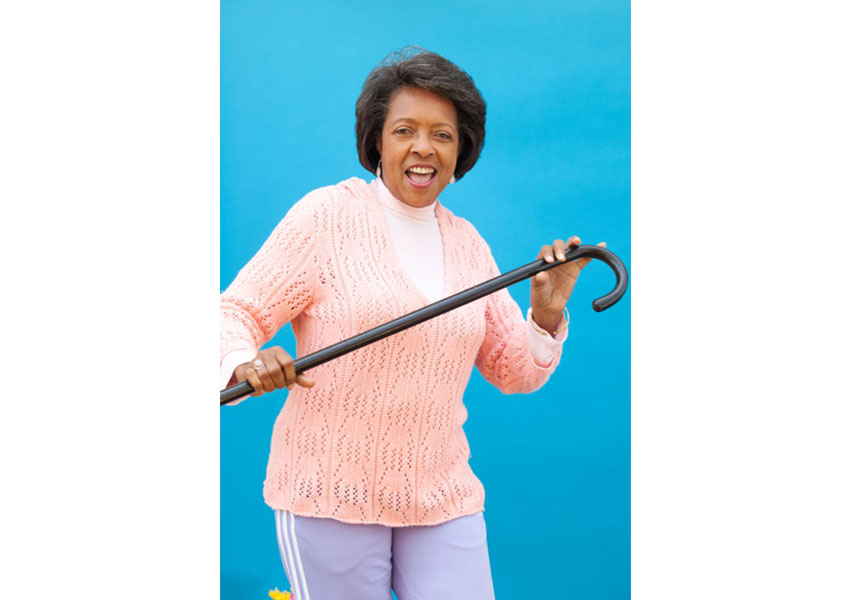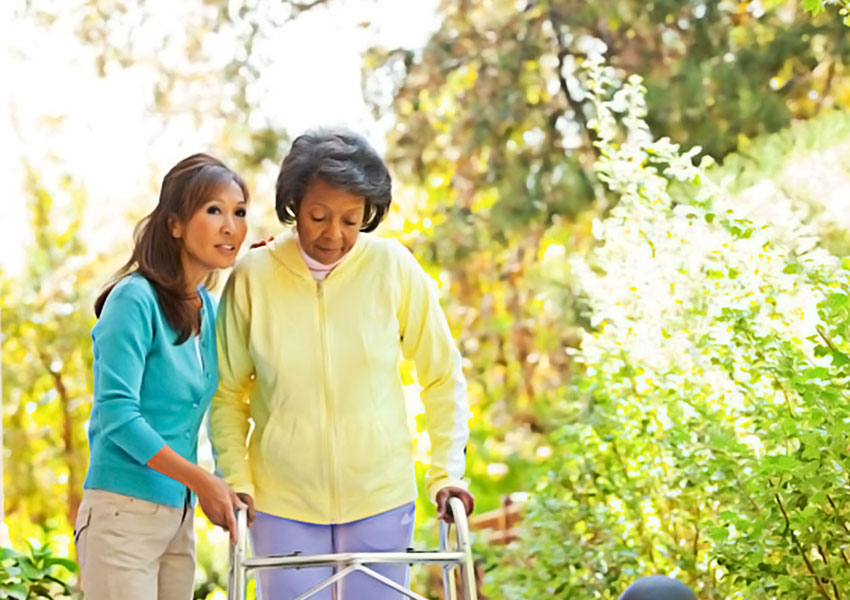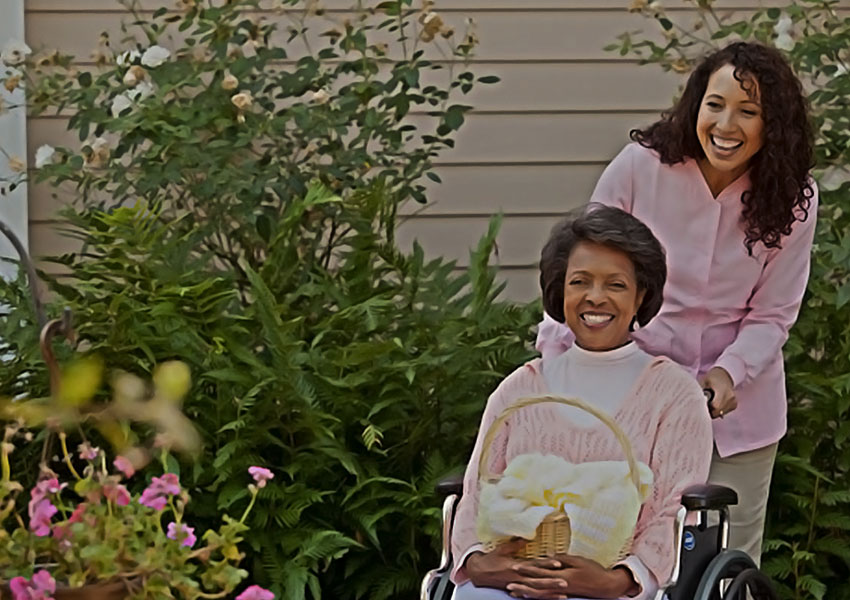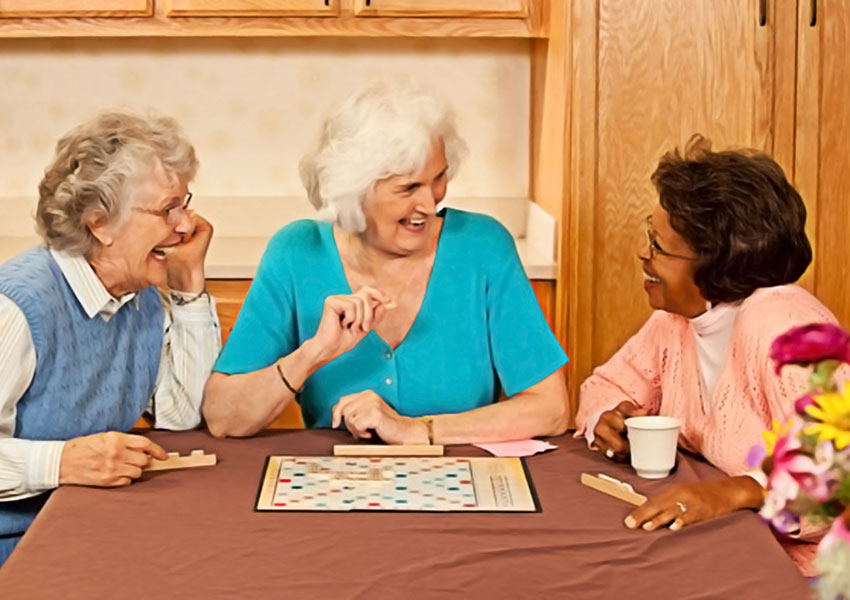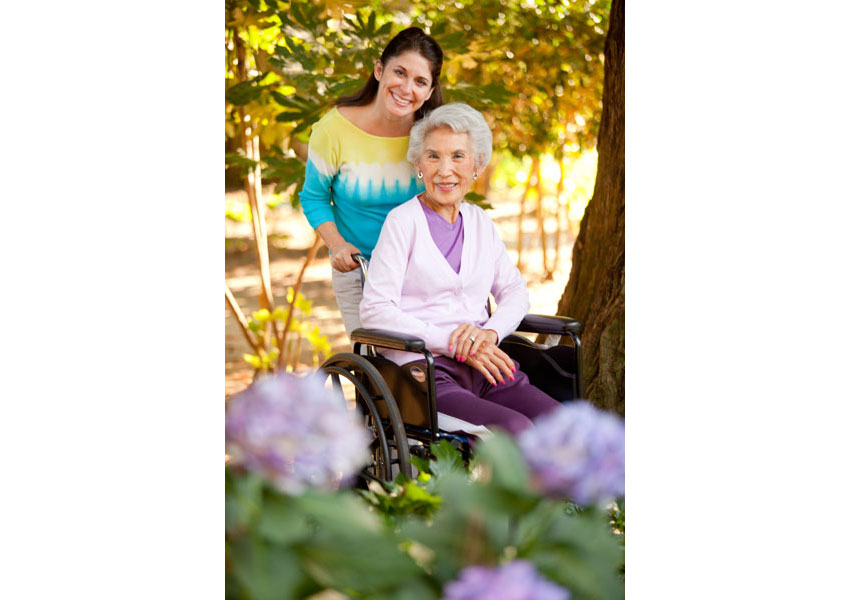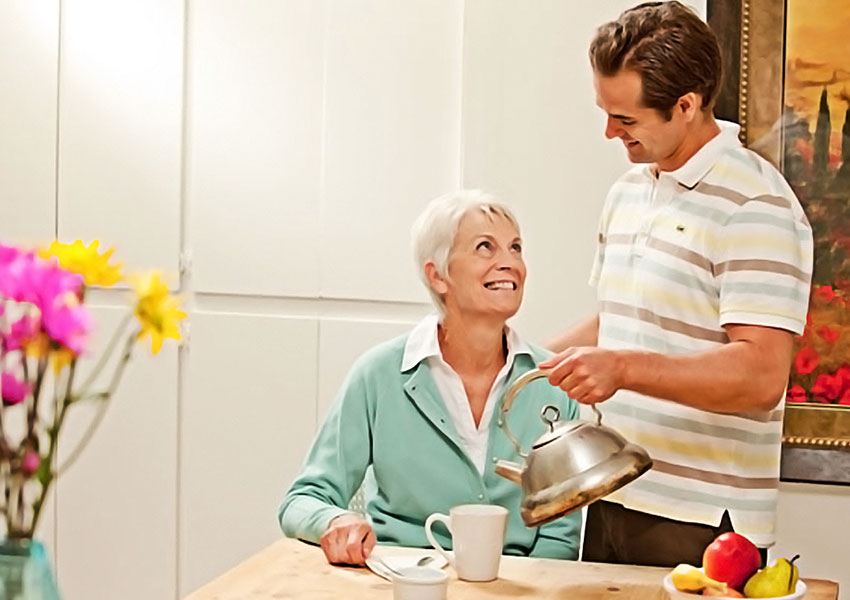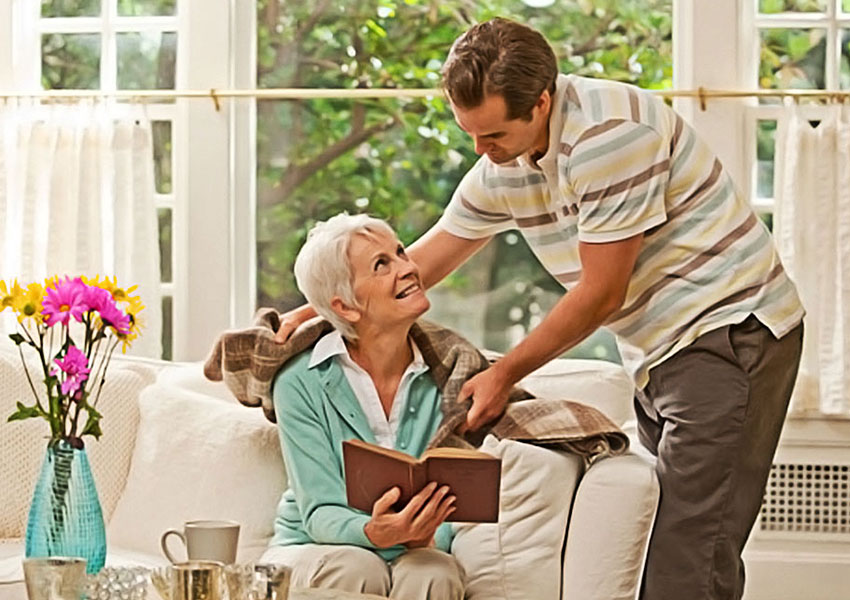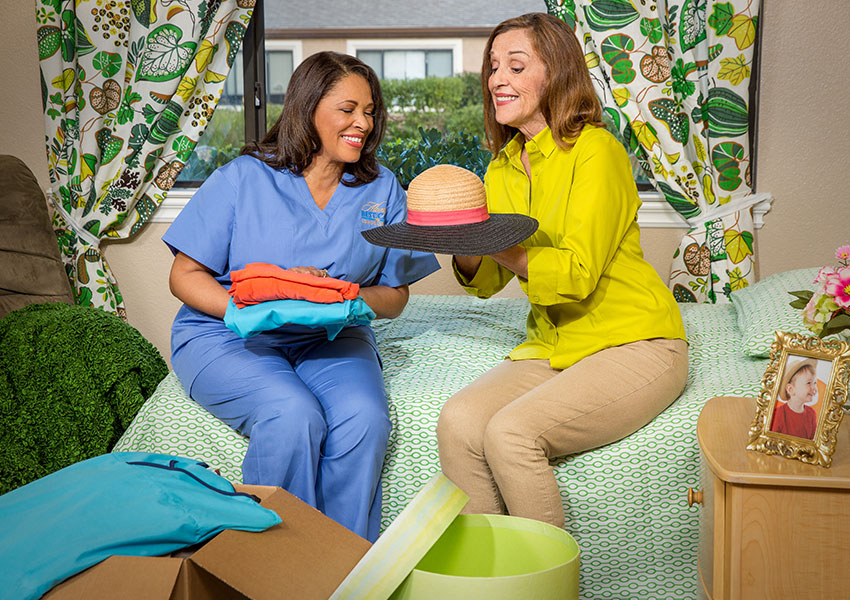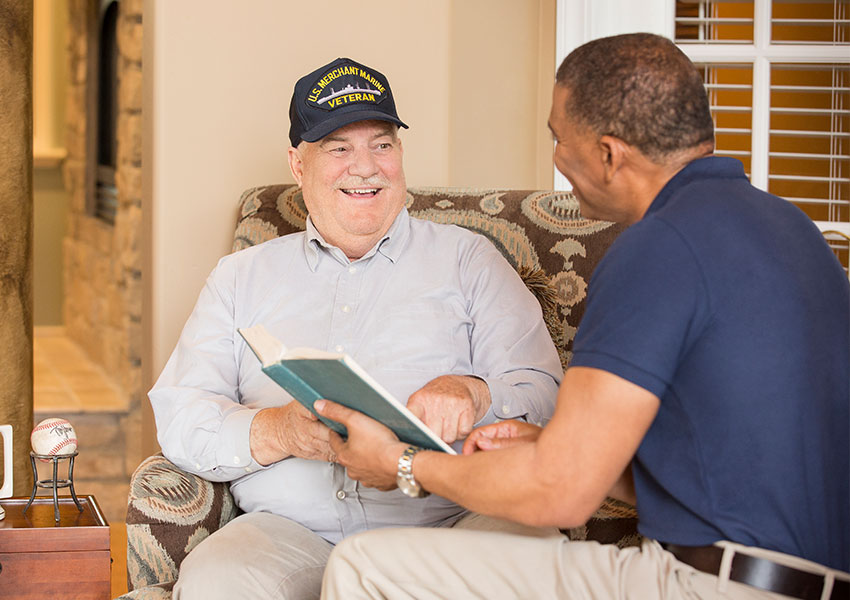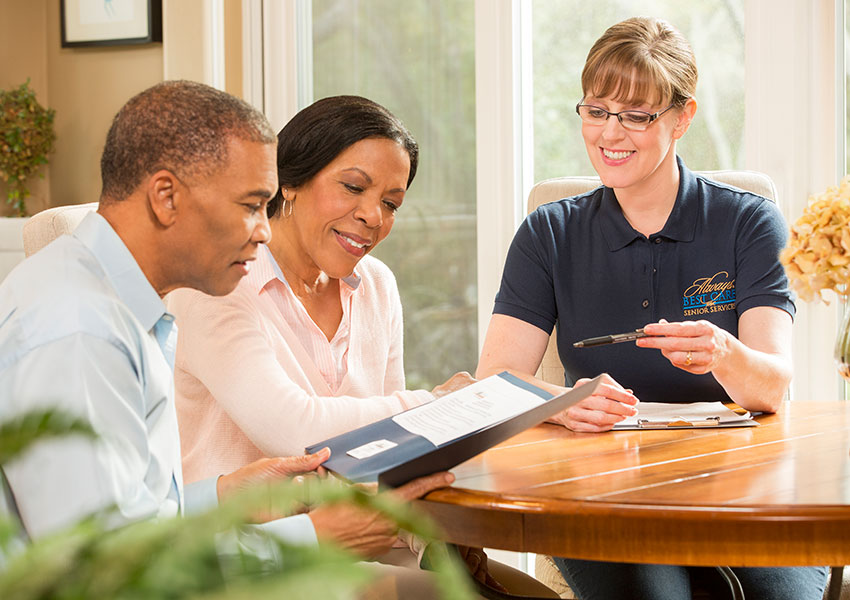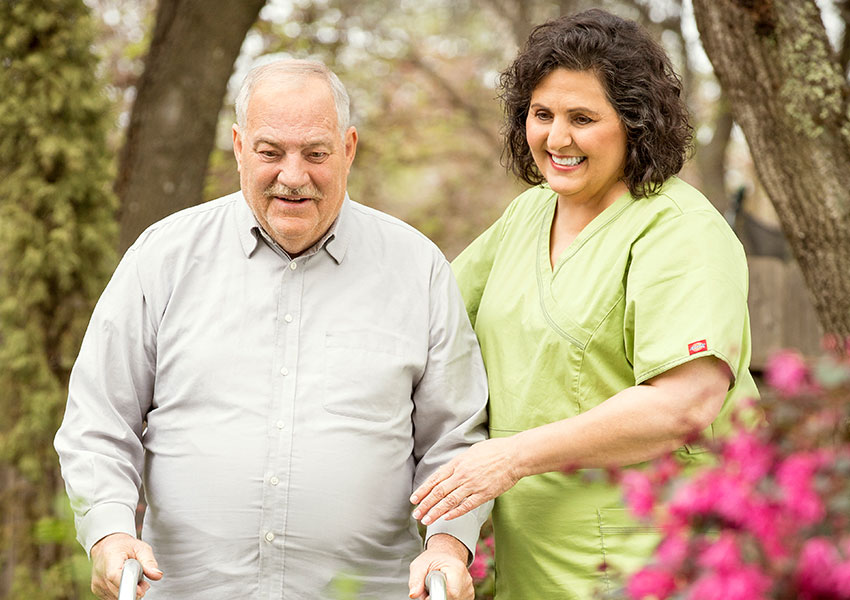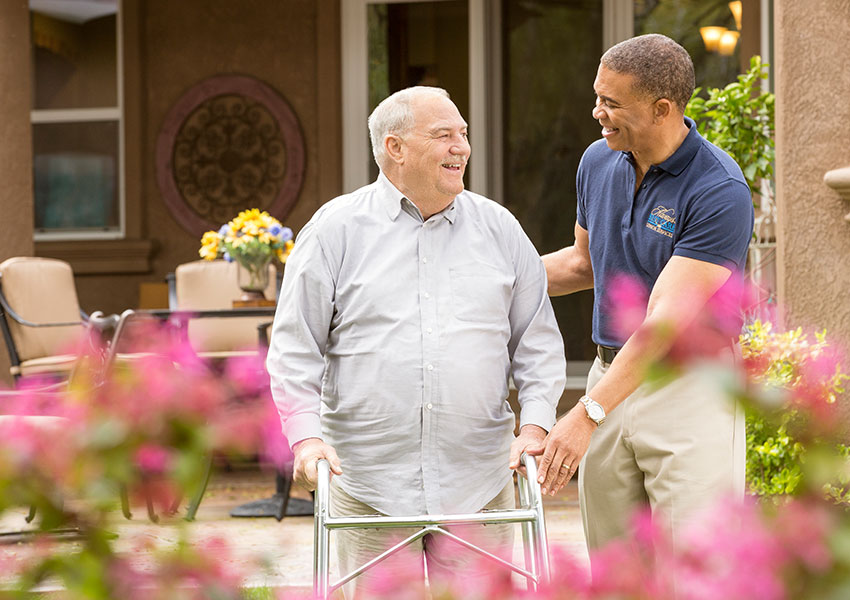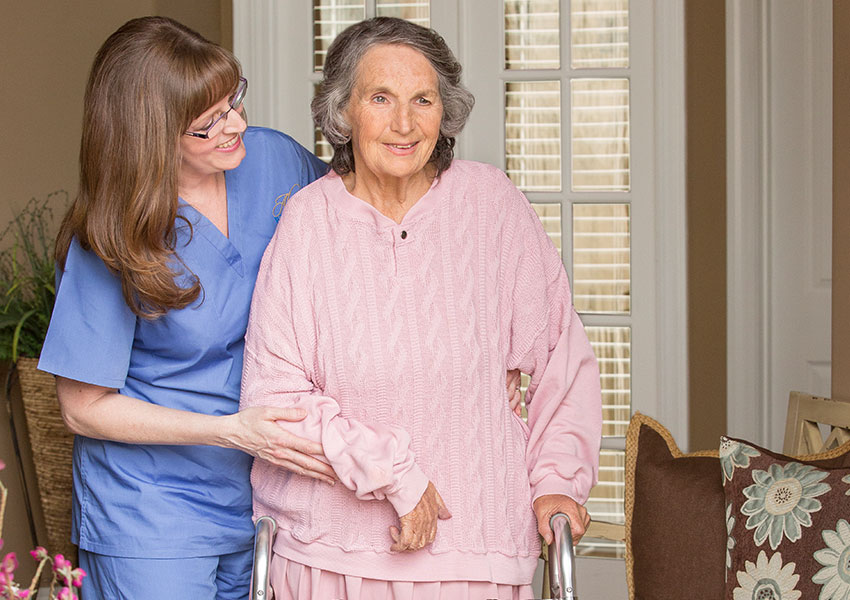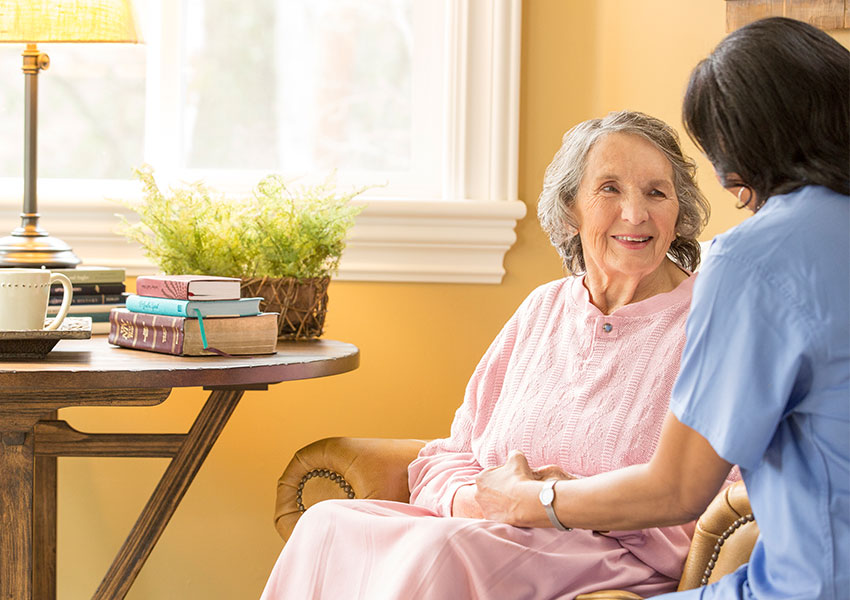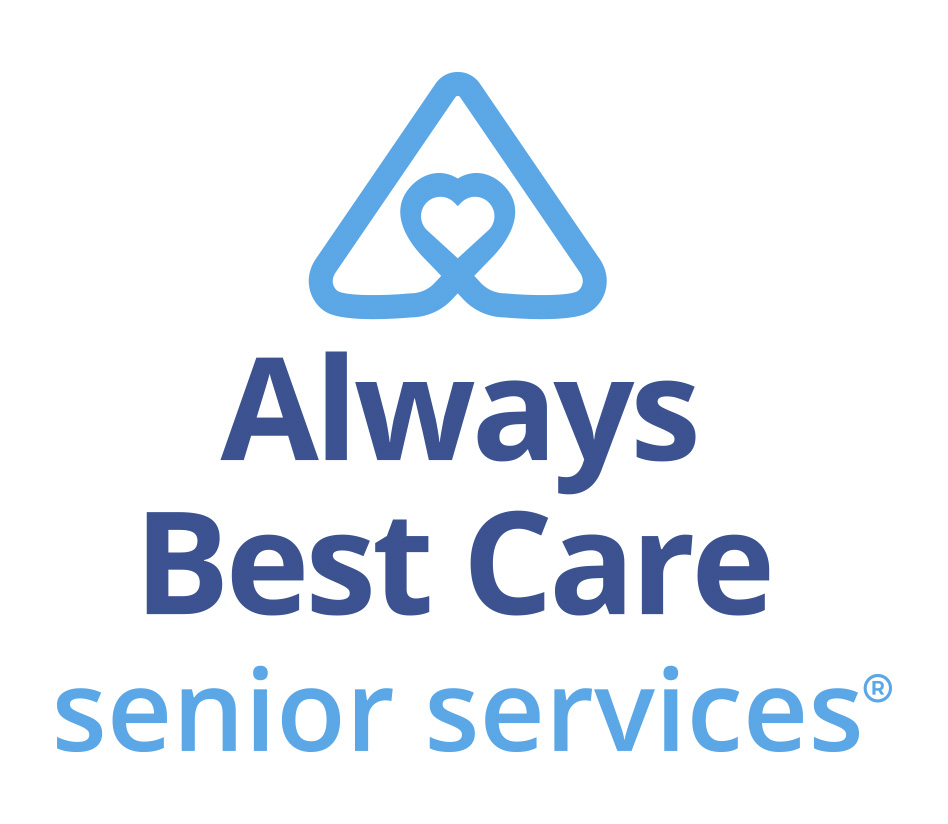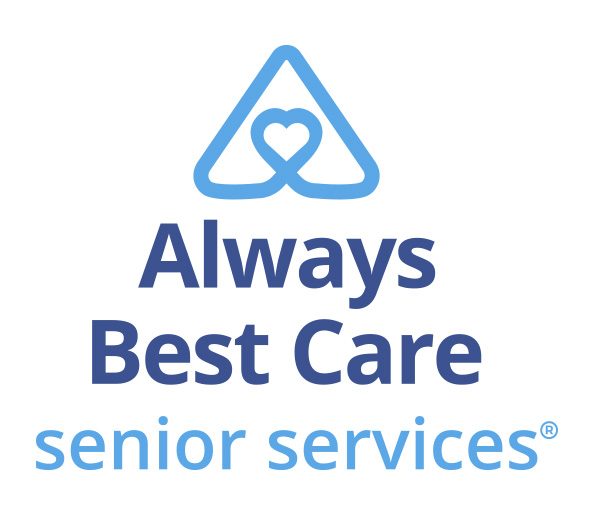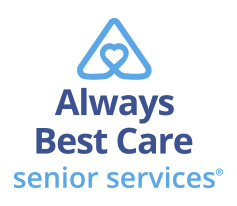 When an aging family member or loved one can’t live safely on their own anymore, there are numerous options available today, ranging from non medical in-home care a couple of times a week to full, 24-hour care in a skilled nursing facility. Today, there are more answers available than ever before, particularly on the in-home care end of the spectrum, and it’s a great time for senior care, in general! This is especially true for families who must provide the proper care on a tight budget. But how do you know when it’s time to start investigating care options for your loved one? Thankfully, there are some signs you can look for that will let you know that it’s the right time to examine whether in-home senior care or some other option is the right choice.
When an aging family member or loved one can’t live safely on their own anymore, there are numerous options available today, ranging from non medical in-home care a couple of times a week to full, 24-hour care in a skilled nursing facility. Today, there are more answers available than ever before, particularly on the in-home care end of the spectrum, and it’s a great time for senior care, in general! This is especially true for families who must provide the proper care on a tight budget. But how do you know when it’s time to start investigating care options for your loved one? Thankfully, there are some signs you can look for that will let you know that it’s the right time to examine whether in-home senior care or some other option is the right choice.
Let’s have a look!
#1 — Trouble Behind the Wheel
Seniors love their independence, which often manifests as the ability to drive themselves in their own vehicles. However, if you’re noticing that they aren’t quite as sharp as they used to be, it’s a good time to discuss senior care options.
#2 — Nutrition is Worsening
Do the cupboards and refrigerator seem bare? Does your loved one seem weak or frail? It could be time for in-home care so that a caregiver can monitor and enhance your loved one’s nutritional needs.
#3 — Housekeeping Has Become Lax
When the standards for housekeeping seem to loosen, it could be a sign that your senior loved one needs assistance. Look out for clutter, messes and unpleasant odors around the home.
#4 — Plants and Pets Are Suffering
Taking care of plants and pets is a big responsibility, so some seniors aren’t up to the challenge. When this happens, it could be time to investigate new care options.
#5 — What Friends, Neighbors and Other Family Members Are Saying
Have people been telling you stories about your loved one that don’t seem to match up with their normal way of living? It’s a sign to investigate and determine if they’re better off with a little help. Keep your finger on the pulse of the community around your loved one and pay attention to what’s being said.
#6 — Accidents and Close Calls
When cuts, scrapes and bruises start showing up more frequently, it’s a sign that help is probably needed around the home.
#7 — Social Connections Are Dwindling
Loneliness can be unpleasant and debilitating by itself, but it can also contribute to other problems because it has such a considerable effect on overall wellbeing. If your loved one seems to have lost connection with a social network or circumstances prevent getting together with others regularly, it’s time to consider options for in-home care. After all, one of the most helpful things a caregiver can provide is companionship and a friendly ear to listen.
Learn More
Are you wondering if it’s time to find new care options for a senior loved one? Always Best Care is here for you! Call us today at 1 (855) 470-CARE (2273) to find out how you can receive a FREE consultation.

















































